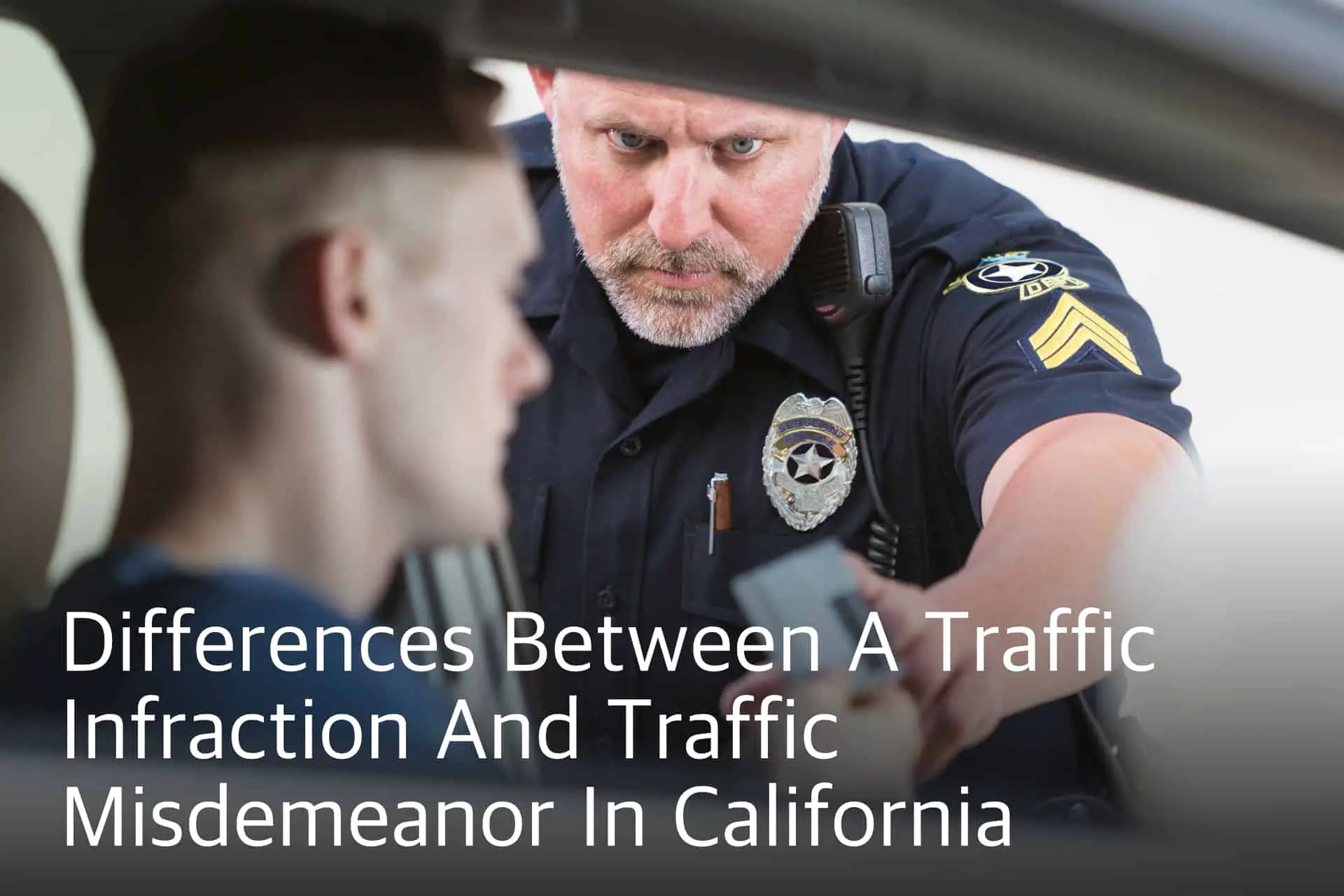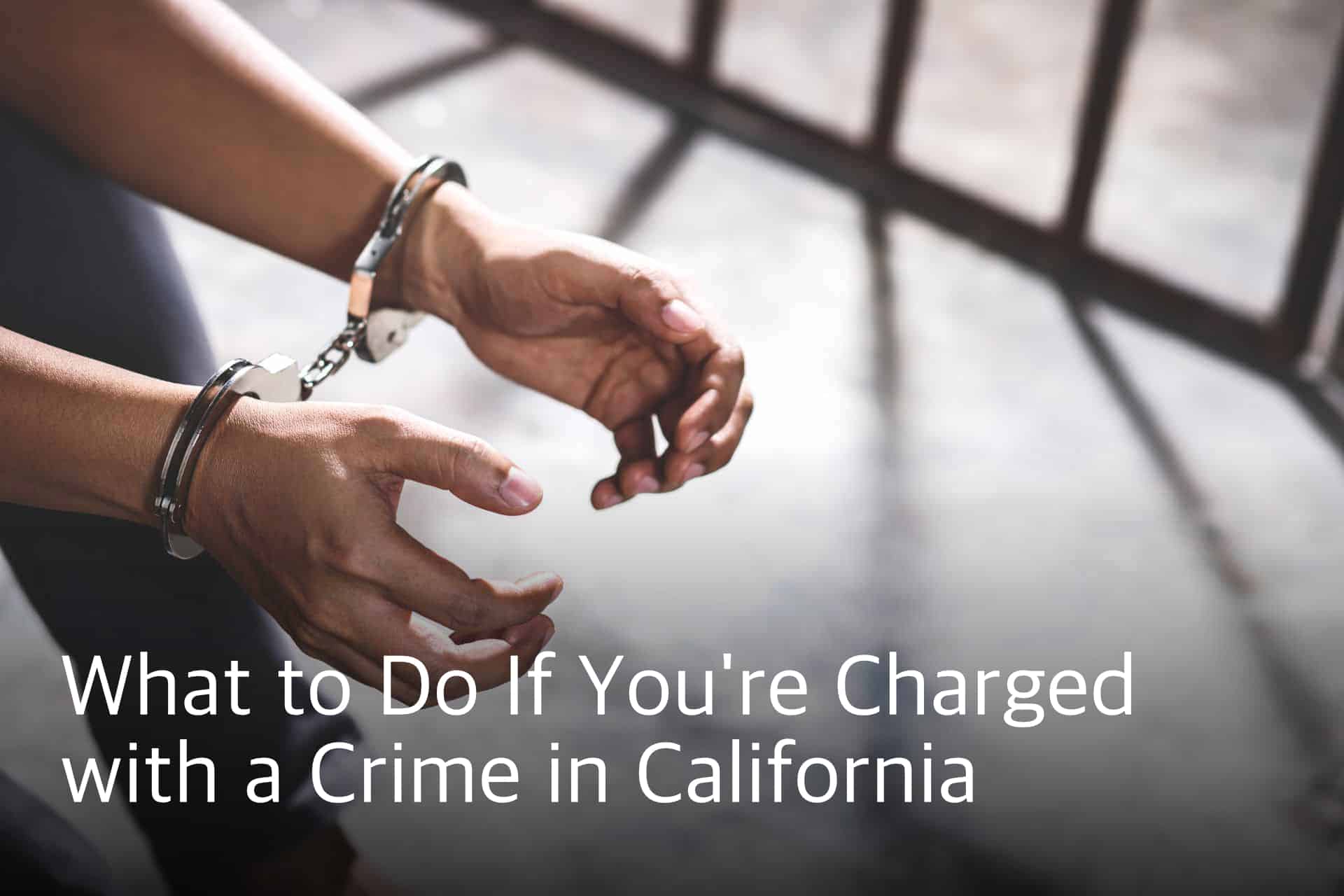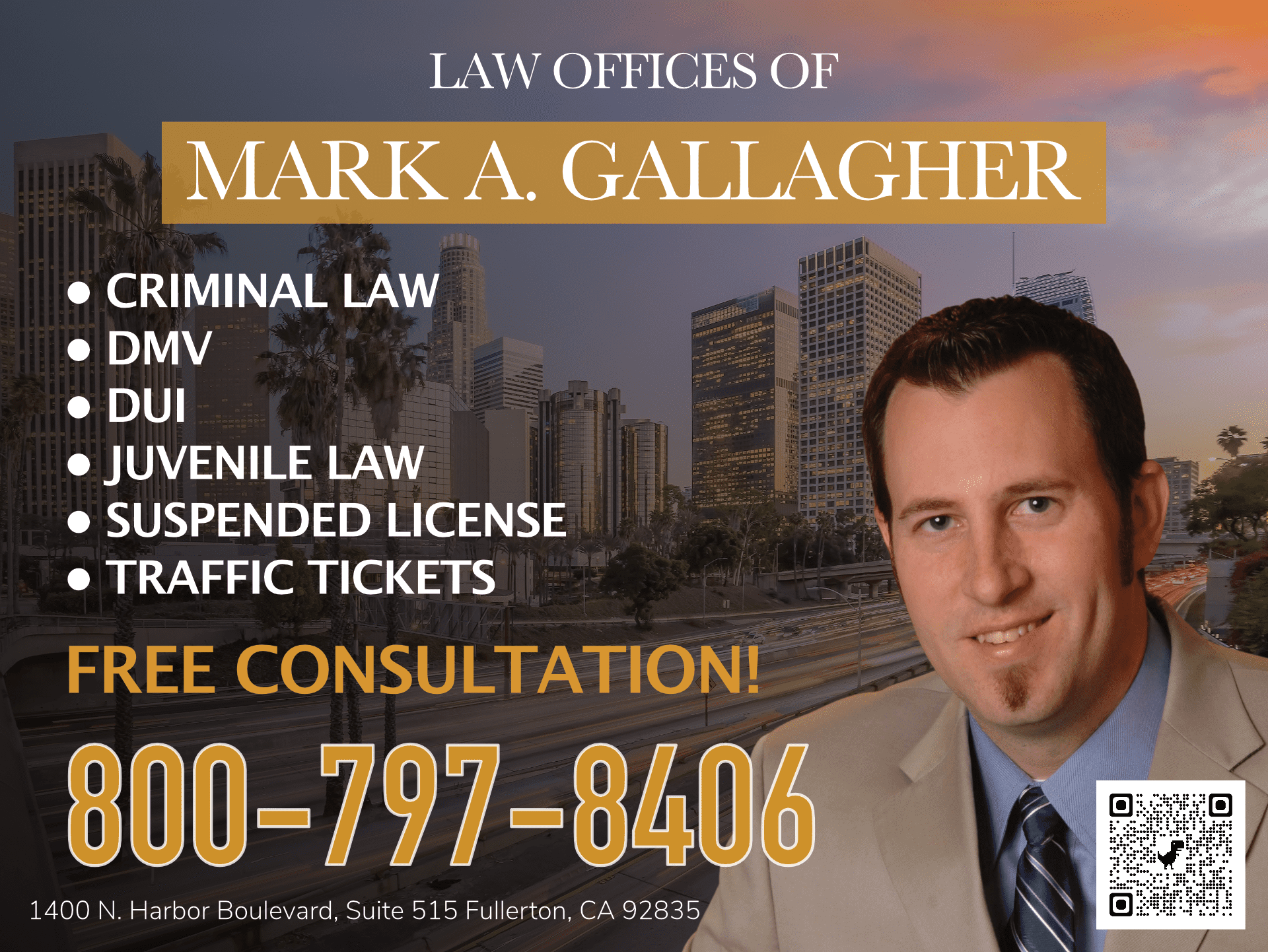There are very few instances when a police officer will know with any degree of certainty that the driver of a car that is being observed is under the influence of alcohol. That possibility, however, is suspected by officers in a very high percentage of cases. The legal issue therefore becomes, what law enforcement is allowed to do in furtherance of an unknown possibility.
Reasonable Suspicion Standard for Individual Drivers
The US Supreme Court has established that the police must have reasonable suspicion that a crime is being committed to stop a vehicle. This is a fairly easy bar to surpass if the vehicle has some equipment malfunction, such as a broken tail light. This can be more difficult to establish if the stop is solely on suspicion of DUI, but the typical observations of weaving and erratic driving often suffice.
DUI Checkpoints
The Supreme Court has also upheld the validity of checkpoints, which do not require any reasonable suspicion on an individual driver’s impairment. For instance, on a recent evening in North Hollywood, at Victory Boulevard and Lankershim Boulevard, every car that passed through that intersection was subject to a stop.
Anonymous Tips
A recent Supreme Court ruling, by a five to four count, held that the police may validly stop a vehicle based solely on an uncorroborated, anonymous tip. Navarette v. California involved a case where an anonymous caller to 911 reported the suspect vehicle tried to run the tipster off the road at a certain location. A description of the vehicle, the license plate and the direction the vehicle was driving was all that was given.
Previous cases hinged on whether the facts of each case established sufficient indicia of reliability to provide the reasonable suspicion necessary for a stop. Here, the majority thought so.
In dissent, Justice Scalia wrote otherwise. He pointed out that nothing reliably indicating that a crime was in commission was evidenced by the report of the description and location of a vehicle; anyone on the roadway could have done so without any other information. Quoting from Mr. Scalia’s dissent:
- “Drunken driving is a serious matter, but so is the loss of our freedom to come and go as we please without police interference. To prevent and detect murder we do not allow searches without probable cause or targeted Terry stops without reasonable suspicion. We should not do so for drunken driving either. After today’s opinion all of us on the road, and not just drug dealers, are at risk of having our freedom of movement curtailed on suspicion of drunkenness, based upon a phone tip, true or false, of a single instance of careless driving. I respectfully dissent.”




